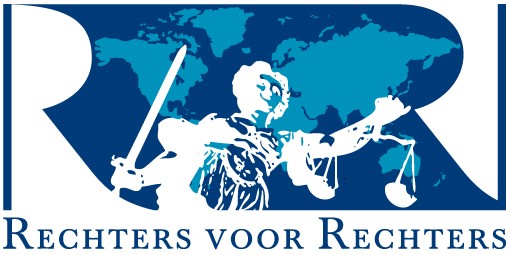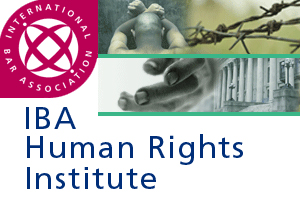Vrienden van Rechters voor Rechters,
In deze dagen vol Oranje-aandacht maken wij u graag attent op een andere bijzondere bijeenkomst en wel op maandagavond 29 april a.s. in Londen van 18.30-20 uur (met een borrel na afloop).
Dan zal de Nederlandse rechter Peter Ingelse het rapport ‘Judges at risk‘ presenteren over de zeer moeilijke en vaak (levens)gevaarlijke situatie van rechters in Colombia.
Ingelse reisde in augustus 2012 naar Colombia en maakte namens Rechters voor Rechters deel uit van de internationale Colombia Caravana 2012 [colombiancaravana.org.uk]. Op de vorige missies, in 2008 en 2010, waren het voornamelijk advocaten die deelnamen, maar in 2012 reisden er voor het eerst ook twee rechters mee. Continue reading Colombia Caravana presentatie rapport ‘Judges at Risk’


